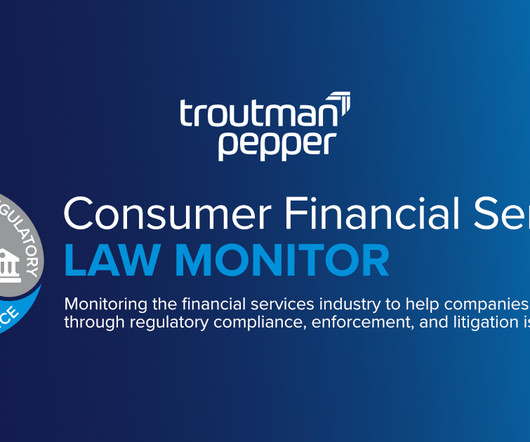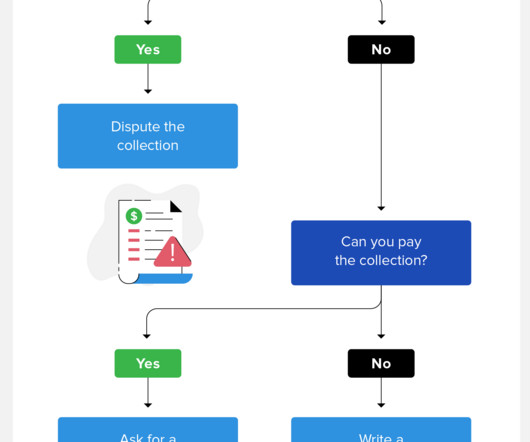A Sign of Things to Come? FDCPA, FCRA, and TCPA Filings Increase in January 2022 Compared to Same Time Period Last Year
Troutman Sanders
FEBRUARY 28, 2022
The filing lawsuits under the Fair Debt Collection Practices Act (FDCPA), the Fair Credit Reporting Act (FCRA), and the Telephone Consumer Protection Act (TCPA) increased dramatically in the first month of 2022 when compared to the number of filings in January and December 2021, per a report released recently by Web Recon LLC.






















Let's personalize your content